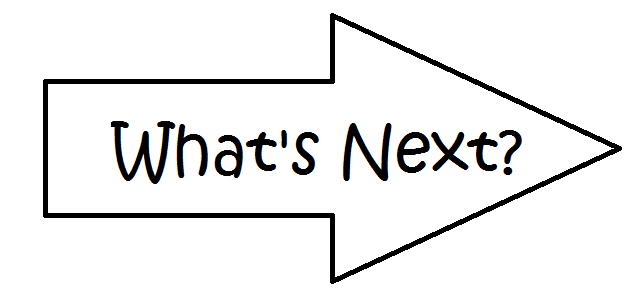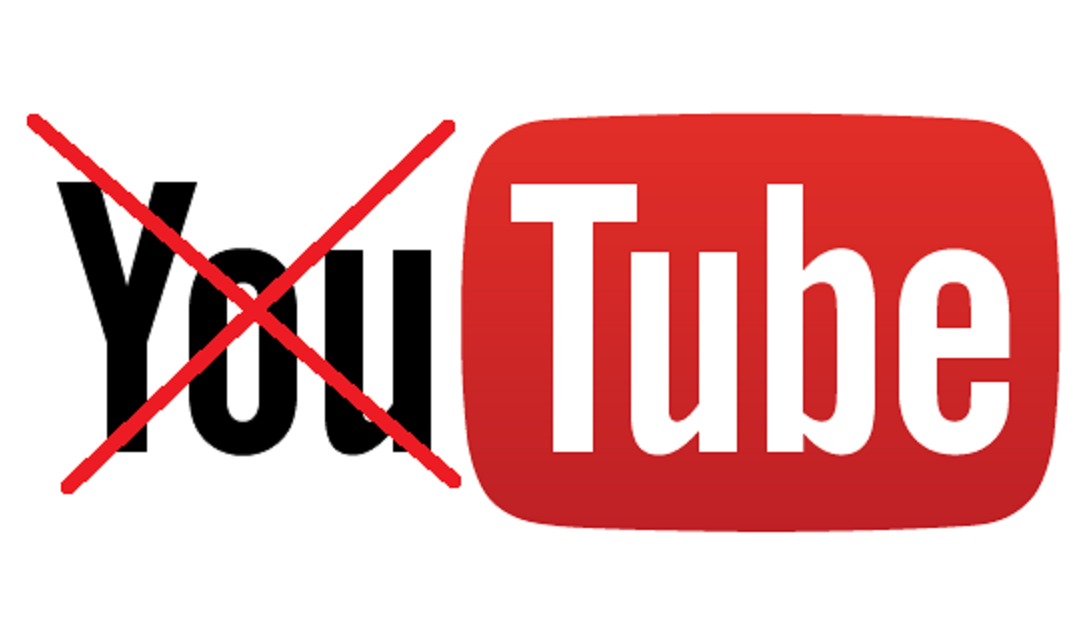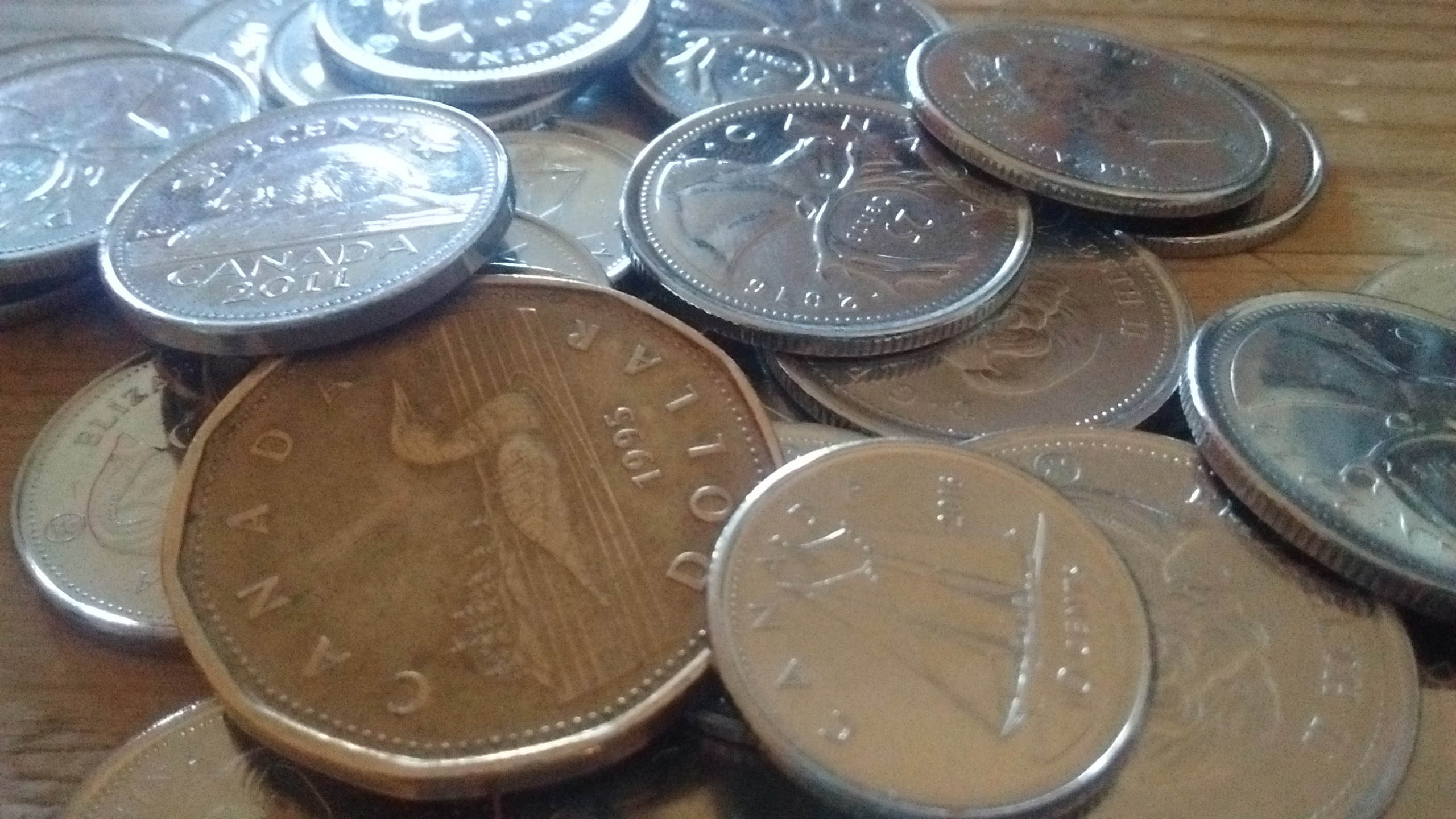Seemingly overnight, YouTube’s reputation on the internet has dropped from being a beloved platform for user created content to a dastardly policing force. This change in opinion comes after numerous YouTube channels were hit with notifications stating that they were taking away ad revenue for various videos. The reasons for taking down monetization varied depending on videos, but the trend has specifically been hitting videos that fell under the following criteria – according to YouTube’s policy on ad revenue:
Content that is considered “not advertiser-friendly” includes, but is not limited to:
- Sexually suggestive content, including partial nudity and sexual humor
- Violence, including display of serious injury and events related to violent extremism
- Inappropriate language, including harassment, profanity and vulgar language
- Promotion of drugs and regulated substances, including selling, use and abuse of such items
- Controversial or sensitive subjects and events, including subjects related to war, political conflicts, natural disasters and tragedies, even if graphic imagery is not shown
If any of the above describes any portion of your video, then the video may not be approved for monetization. If monetization is approved, your video may not be eligible for all available ad formats. YouTube reserves the right to not monetize a video, as well as suspend monetization features on channels that repeatedly submit videos violating our policies.
Regardless of what one’s views are, YouTube’s right to enforce these policies that have been around for just over a year now is absolute. Like it or not, YouTube reserves every right to enforce it.
No one can deny that these came on without warning, and it will surely have an impact on anyone who uses YouTube as a main source of income. However, YouTubers have been noticing a bit of a trend in who gets money and who doesn’t. This has resulted in a point of contention that has been brought up multiple times since the wave of monetization seizures: censorship.
Censorship vs. Business Rights
The painful truth at the end of the day is that YouTube is not your friend. It is a business set on maximizing its profits. Since YouTube content creators are not employees the payments between YouTube and its creators is more akin to a favor than a debt. Put in plain terms: YouTube owes you nothing, and it is well within their rights to strip you of this ‘favor’. It’s a harsh reality, but reality rarely isn’t.
It is also impossible to argue that YouTube is actively unjustly censoring anyone. As stated, it is well within their rights, and technically nothing is being censored. The reality is: YouTubers are not being censored because they are not having their videos taken down – they are simply not getting paid anymore. Anyone who argues that this is censorship is fighting an uphill battle that cannot be won. That said, this doesn’t mean that users aren’t being censored indirectly.
All of this is best explained by one of the first newsbreakers of the YouTube monetization shutdown, Philip DeFranco, in the video below.
For those who enjoy reading more than watching videos, the gist of the situation is that individual newsgroups and smaller channels get seriously impacted by this change. While many larger YouTube stars can simply laugh it off and defend it, those who have yet to make it big – in subscriptions or funding – cannot. Many of these smaller channels rely on the income from advertisers to stay online, and not receiving this money could mean being shut down.
What could simply be nickels and dimes to a larger YouTube channel could mean continuing or ending a career in YouTube skits for a smaller one…
To make matters worse, according to DeFranco there are still advertisements running on major news groups’ channels. He gives the example of a CNN broadcast which featured a boy with literally half of his face missing where the advertisement is still clearly seen in the top-right.
This is where we do see an indirect form of censorship. If it can be proven that YouTube is actively shutting down certain ad revenue sources for indie newsgroups that don’t follow the mainstream narrative, then that would be considered active censorship. Even if YouTube uses a bot that goes through channels searching for media that can’t be advertised under their policy, that would be considered censorship.
Understandably, it may not be clear to all at face value how this could be considered censorship. The reason is that indie news channels that broadcast on YouTube tend to show undoctored clips or alternative views that help build a fuller truth than what gets reported in the news. Not paying these smaller newsgroups means they cannot support themselves, and as such they rather have to lower their rate of posting videos or simply shut down. It is not active censorship, but it could be considered as a form of censoring in a very cloak-and-dagger way.
It hurts more than the madness of politics too…
YouTube user boogie2988 has posted several videos on the topic of suicide in the past. These videos contain various topics dealing with suicide such as suggestions for methods of dealing with suicidal thoughts, the Amanda Todd case, and other such topics. According to boogie2988 these videos recently lost their monetization status as well, and it has actually caused major problems for him.
According to boogie2988, a YouTuber who is well known for his suicide prevention videos, he is quote: “fucked.” The reason is that despite his Patreon, sponsorships, and otherwise, YouTube revenue is still a very important part of maintaining his channel.
boogie2988 is already known as a person who not only discusses suicide, but also deals with mental and physical health issues that lead to suicidal tendencies as well. He states that many of his videos break the guidelines set by YouTube – even for those he does not mention suicide in. This is due to offensive language, vulgar language, and even violence in the slightest being “non-advertiser friendly.”
While boogie2988 understands that it is likely a bot that is taking down the monetization rights for these videos, and that these were likely put in place to shut down extremist political channels, he believes it is an unfair method as it puts innocent people in the crosshairs as well.
So What Can We Do?

What’s next is a question that undoubtedly comes to the minds of anyone affected by this. The obvious answer is to boycott, but YouTube has become such an influential and almost necessary service that it is difficult to turn it down. That said, YouTube creators currently have a chance to make a difference.
The first step would be to make YouTube aware of its flawed system. If enough users make it clear, send in complaints, and so on then YouTube will have to revise its plans – else suffer the consequences. What consequences? Well none other than a mass exodus, of course.
VidMe has already taken advantage of the situation by posting this advertisement calling out YouTube for its failures. While VidMe does not currently offer monetization, it has certainly made it clear with this video that its stance on any form of censorship or guidelines is a liberal approach in the most literal sense of the word.
There are, however, many websites that do provide monetization offers for their creators. Several of these services that work similar to YouTube include: Facebook, Matomy, and AdSense. While they don’t work exactly the same in all cases, services such as Matomy and Adsense allow users to add advertisements to their videos hosted on their own website. Many of these services give better rates than YouTube as well, and adngin has compiled a list of ones that are worth checking out.
Closing Thoughts…
Without a doubt, this new policy and its subsequent enforcement will undoubtedly drive some content creators away. Maybe it will even push away some of the more proactive protesters out there. But will it affect anything? Probably not.
The reason is simple: YouTube is a monolithic monopoly. It is a service that has reached near necessity for anyone looking to do anything on the internet. In fact, even if millions of users left YouTube on a valiant attempt to take down the “monster” that it has become, it would only leave a superficial scratch on the platform’s numbers as it has billions of users that log in daily.

YouTube’s virtual monopoly pretty much holds YouTubers and content creators at gunpoint as the lack of well-received alternatives are hard to come by…
Any threats made by YouTube stars are in vain at best. Like it or not, they’ll wind up crawling back one way or another unless they can form some sort of movement that will seriously impact YouTube’s service. One such method would involving getting just about every single popular YouTuber to pull from the site for a period of a month upwards. It’s not exactly plausible, nor is it practical to do.
Maybe in time we’ll find a way to make YouTube obsolete. Maybe we’ll find a way to make YouTube offer fairer ad revenue guidelines. Until then we’re stuck with it – for better or worse. But hey, at least us gamers still have Twitch, right?
What do you think about YouTube’s new enforcement strategy? Will you stop producing content for YouTube due to these changes? Leave your thoughts in the comments section below!









Published: Sep 2, 2016 10:13 am